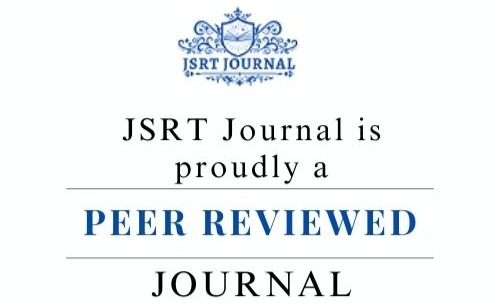Integrated Fraud Detection For Complex E- Commerce Transaction
Keywords:
E- Commerce, SVM, Fraud detection, PythonAbstract
In e-commerce, the rapid growth of online transactions has revolutionized global markets, offering unparalleled convenience and efficiency. However, this convenience comes with a persistent challenge: the prevalence of fraudulent activities that threaten both consumers and businesses. Addressing this challenge requires a multifaceted approach that harnesses advanced technological solutions. This study explores a comprehensive methodology for detecting fraud in e-commerce transactions involving multiple participants. At the core of this study is the development and evaluation of various machine learning models designed to analyze complex transactional data. These models include Random Forest, Support Vector Machines (SVM), Naive Bayes, Logistic Regression, and Gradient Boosting classifiers. Through rigorous experimentation and analysis, the effectiveness of each model in distinguishing between fraudulent and legitimate transactions is evaluated. Notably, the Random Forest classifier emerges as the most accurate, achieving a high accuracy rate of 97.06%. The study utilizes a diverse dataset comprising transactional attributes such as the number of transactions, orders, and payments, as well as customer device information and IP addresses. These features undergo preprocessing techniques such as standard scaling and one-hot encoding to ensure compatibility with the models' requirements. Evaluation metrics such as accuracy, precision, recall, and F1-score provide comprehensive insights into the performance of each model.Furthermore , the integration of the selected Random Forest model into a Flask-based web application demonstrates practical implementation. This application enables real-time prediction of transaction authenticity, assisting businesses in preemptively identifying and mitigating fraudulent activities. By leveraging machine learning and advanced analytics, this study contributes to ongoing efforts to secure e-commerce environments and safeguard stakeholders from financial losses and reputational harm.











